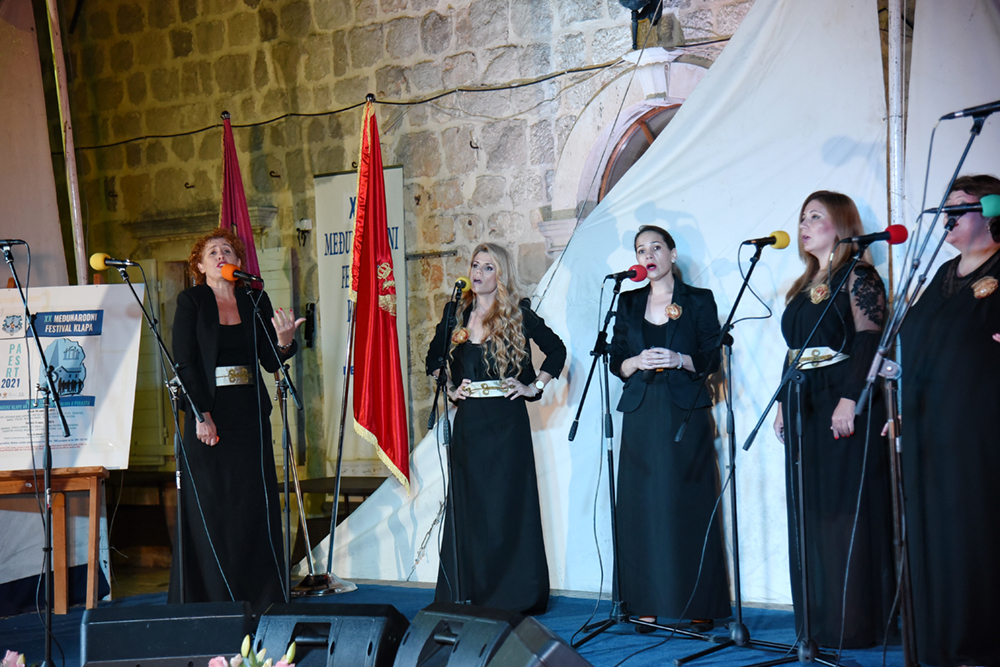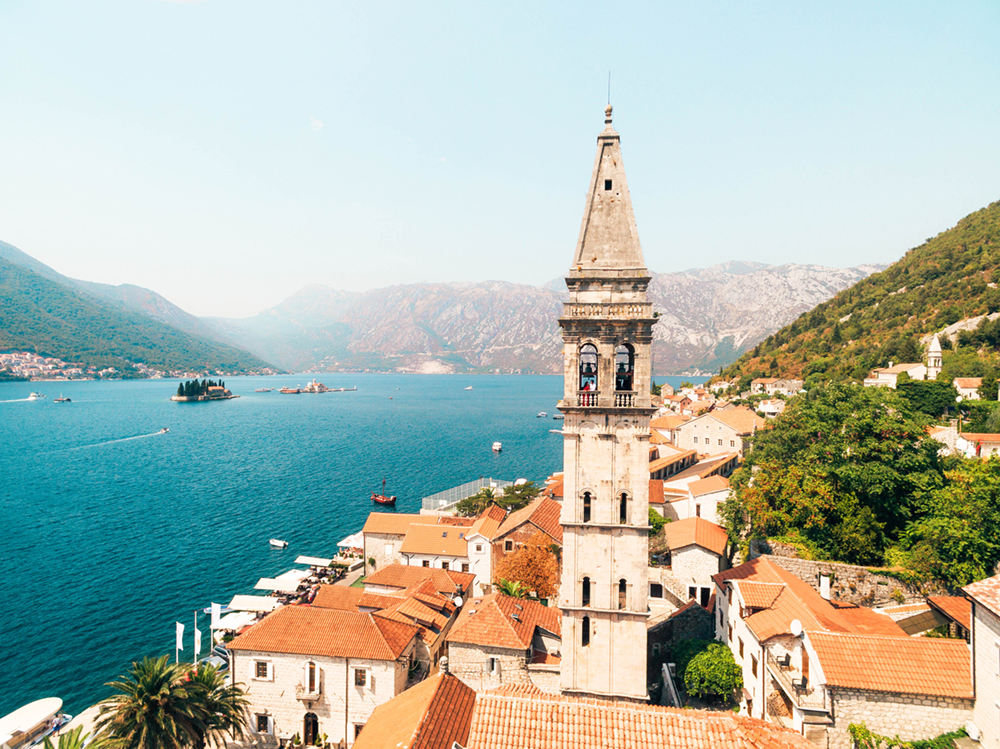%20XX%20MFK%20Perast%202021.jpg)
27.04.2022
KLAPA - OUR TRADITIONAL TREASURE
Venn Tour DMC is a proud sponsor of the Klapa Perast Festival and we were honored to speak with Mr. Milan Kovacevic, CEO of Klapa Perast Festival. Our common mission is to promote klapa as our intangible cultural heritage and highlight its importance for our region.
WHAT IS KLAPA?
KLAPA is a male, female or mixed ensemble of 4-9 singers of traditional - folk and authorial songs in harmonic polyphony.
The lyrics are usually loving, nostalgic, patriotic or sociological, sometimes funny, and in any case a reflection of local social circumstances. In addition to original melodies, compositions by well-known authors are most often sung and arranged by professional arrangers.
%20XX%20MFK%20Perast%202021_(1).jpg)
HOW WOULD WE PRESENT KLAPA SINGING TO SOMEONE WHO HAS NOT HAD THE OPPORTUNITY TO ENJOY PERFORMANCES BEFORE?
Symbolically as a CIRCLE in which a group of 8 singers (male, female or mixed) sing traditional or contemporary songs in a way that combines voices in harmonious polyphony. the klapa tries to achieve a perfect harmony of voices, with an emotional interpretation that corresponds to the text and melody of the song, whether it is love - lyrical, dramatic - epic, or humorous. The dynamics of the performance range widely, from a refined pianissimo to a powerful forte, but are always musically harmonized.
This striving for perfect performance is associated with the perfection of the circle in which the klapa draws the listener, be it the girl to whom the midnight serenade was addressed, the company in the tavern, or the concert audience. In such a circle, there are special vibrations that radiate songs and singers and are accepted with admiration and understanding by a grateful audience.

WHERE, HOW AND WHEN WAS IT CREATED?
The name klapa comes from the area in Italy - Trieste. So the singers who would sing in the canteens, taverns, and wineries of Trieste, began to be called a klapa of fishermen, sailors, various craftsmen...
Klapa singing styles are related to the tradition of the area where klapas are formed. Recognizable is the powerful, strong, and expressive singing of the rural area, but also serenade, softer singing - under the voice, urban type. In Croatia, where klapa music is inscribed in the World List of Intangible Cultural Heritage, there are specific styles, the so-called klapa singing pools. In Montenegro, where about 15 klapas are active, the Boka Kotorska way of singing is recognized, Pashtrovci and Podgorica, depending on the traditional melody of the area.
The founding of the Festival of Dalmatian Klapas in Omis in 1967 influenced the creation of numerous klapa festivals along the Adriatic coast.

WHAT DOES KLAPA MUSIC REPRESENT FOR MONTENEGRO AND THE REGION TODAY?
The International Festival of Klapas Perast, founded in 2002, is the most important klapa festival in Montenegro and is especially recognized for preserving the cultural heritage of klapa singing. Over the past 20 festivals, Perast has hosted close to 500 klapas from the region - including Italy, Slovenia, Croatia, Bosnia & Herzegovina, Serbia, and Albania. In addition to the most famous klapas and their professional leaders, MFK Perast also collaborates with renowned authors from the world of klapa music; poets, composers, and arrangers of klapa songs.
The International Festival of Klapas Perast is doing everything in its power to bring the klapa song, long ago in the Bay of Kotor, closer to the citizens of Montenegro as part of our traditional, cultural treasure. Today in Montenegro, except on the coast, klapas are actively working in Podgorica and the north, in Berane. The formation of young klapas throughout Montenegro and their musical work in the future would mean that we have preserved that part of our musical identity from oblivion.
.jpg)
Special thanks to Mr. Milan Kovacevic!
Create new experiences with Venn Tour DMC!